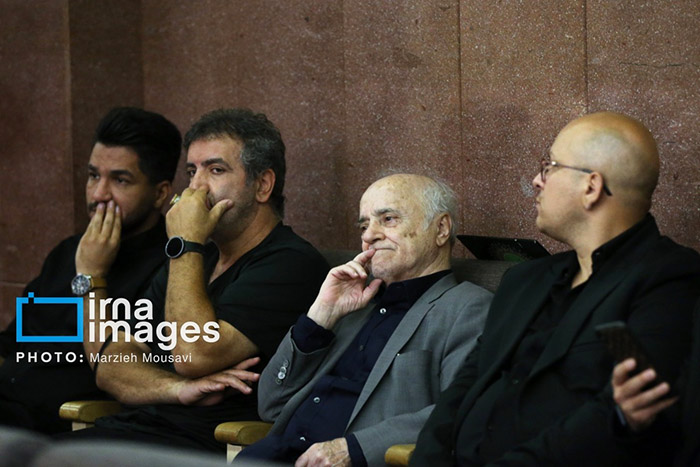November 29, 1997, was supposed to be a night of triumph for Australian soccer. A night when, after more than two decades of frustration and near-misses, the Socceroos would finally book their place in the FIFA World Cup. It was a golden opportunity for Australia to showcase its rapidly improving football talent on the world stage. The stage was set for a celebration, but the match against Iran would instead go down as one of the most heartbreaking moments in Australian sports history.
The Socceroos had not qualified for a World Cup since 1974, and the nation had been waiting for 24 long years to see its team back in football’s most prestigious tournament. This time, Australia seemed destined for glory. With a talented team full of young stars like Harry Kewell and Mark Viduka, combined with the leadership of seasoned professionals like Graham Arnold and Steve Horvat, the Socceroos were poised to return to the grand stage of international football.
But instead of a triumphant qualification, Australia’s hopes were dashed in the most agonizing fashion. Iran, despite being outplayed for most of the match, came back from 2-0 down to secure a 2-2 draw at the Melbourne Cricket Ground (MCG) and qualified for the 1998 FIFA World Cup in France on away goals. The match remains one of the most memorable — and painful — nights in Australian football history.

